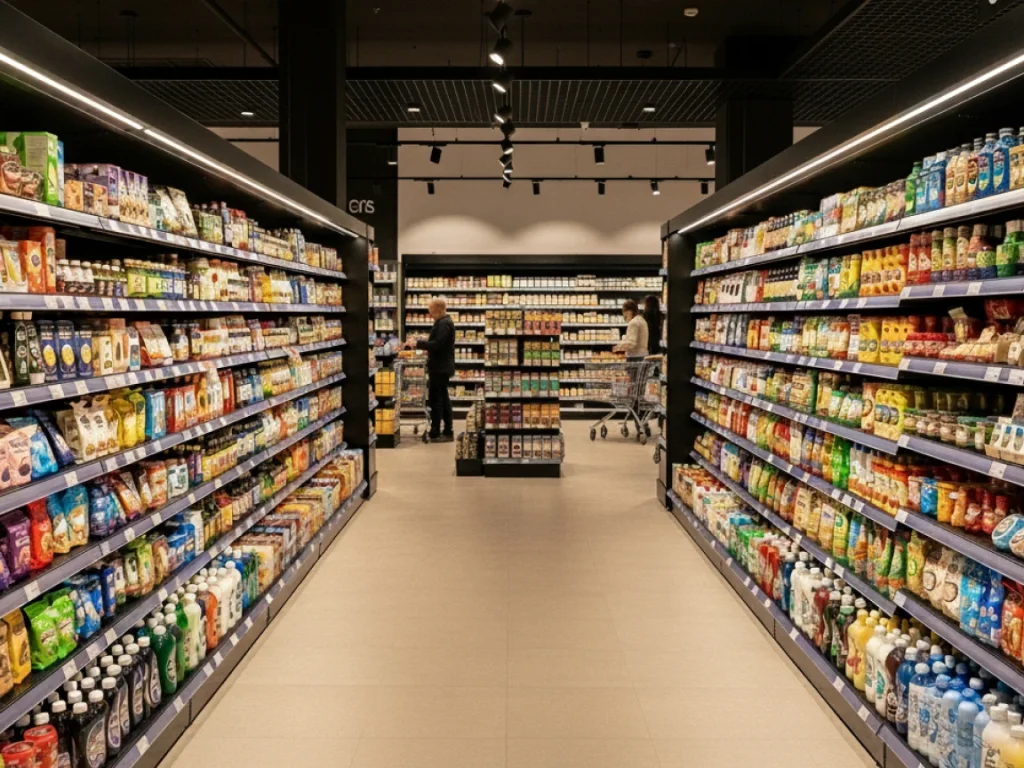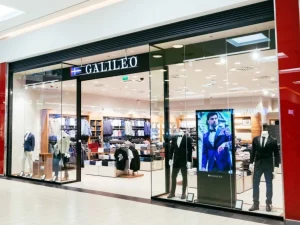Retail often looks simple from the outside. Stock the shelves, open the doors, ring up sales—how hard can it be? Well, anyone who’s actually managed a store knows the answer: very. Behind every seamless customer experience is a whirlwind of logistics, staff training, inventory juggling, and constant decision-making.
Retail operations are the backbone of every store – whether you’re running a boutique, a chain of electronics stores, or a busy supermarket. And when they’re running smoothly, your customers feel it. They stick around, spend more, and come back often.
In this guide, we’ll break down what retail operations really include, the challenges you’ll face, and the tools that can make your life easier.
What Are Retail Operations?
Retail operations cover all the daily activities that keep your store humming—whether it’s ringing up sales, keeping shelves stocked, scheduling staff, or managing customer service. The ultimate goal? Satisfy customers while keeping costs in check.
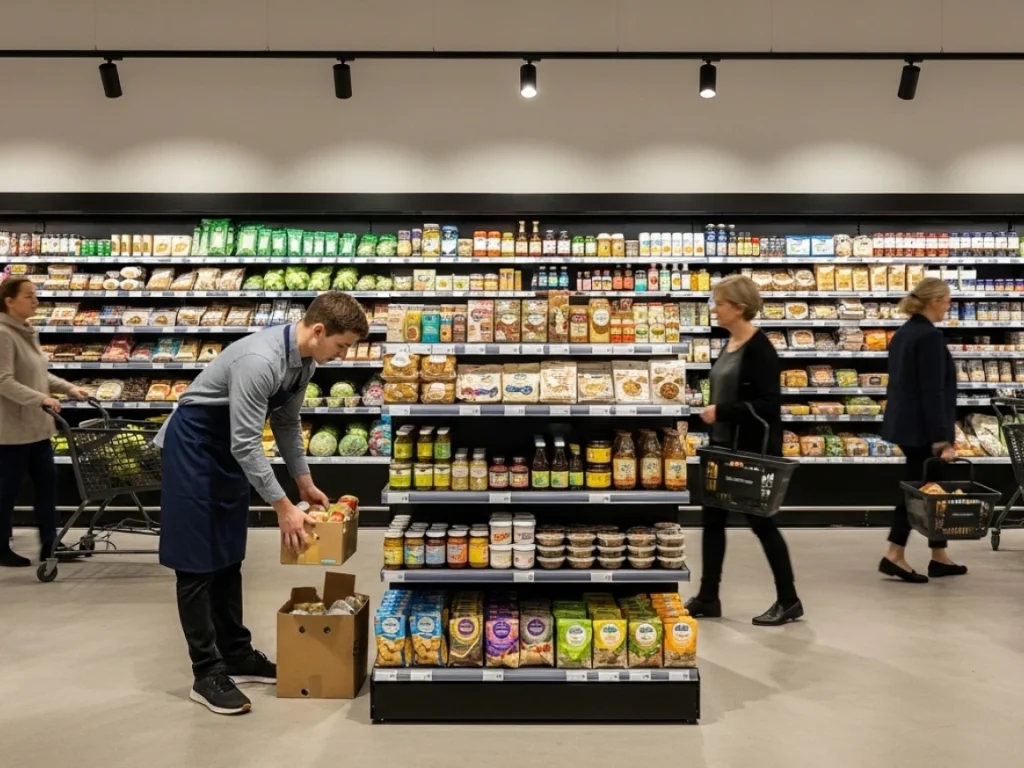
Core activities usually include:
Inventory management
Store layout and merchandising
Staffing and training
Customer service
Sales management
Promotions and pricing
Streamlining tasks and processes
If it impacts the customer experience or your team’s productivity, it falls under retail operations.
Core Functions of Retail Operations
Let’s dig into the seven areas that make up solid retail operations.
Inventory Management
Great inventory management means having the right products in the right place at the right time. No one wants to be the store that’s always out of stock—or stuck with way too much of the wrong thing.
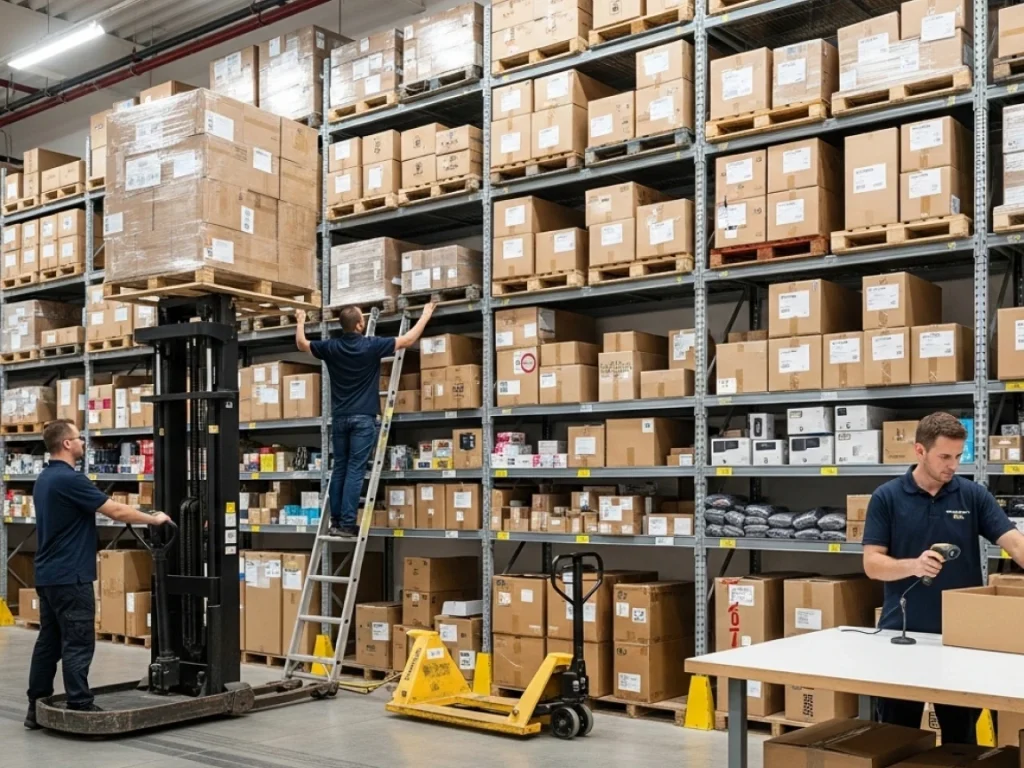
Take Nike, for example. In 2001, they rolled out a new inventory system that went sideways, leading to massive overstock of unpopular shoes and shortages of hot sellers. The cost? $100 million. Getting inventory right isn’t just nice—it’s crucial.
Store Layout
Store layout isn’t just about aesthetics—it’s strategy. A well-thought-out layout guides customers, showcases key products, and increases impulse buys. There’s a reason staples like bread and milk are at the back of the store – you see a lot more on your way there.
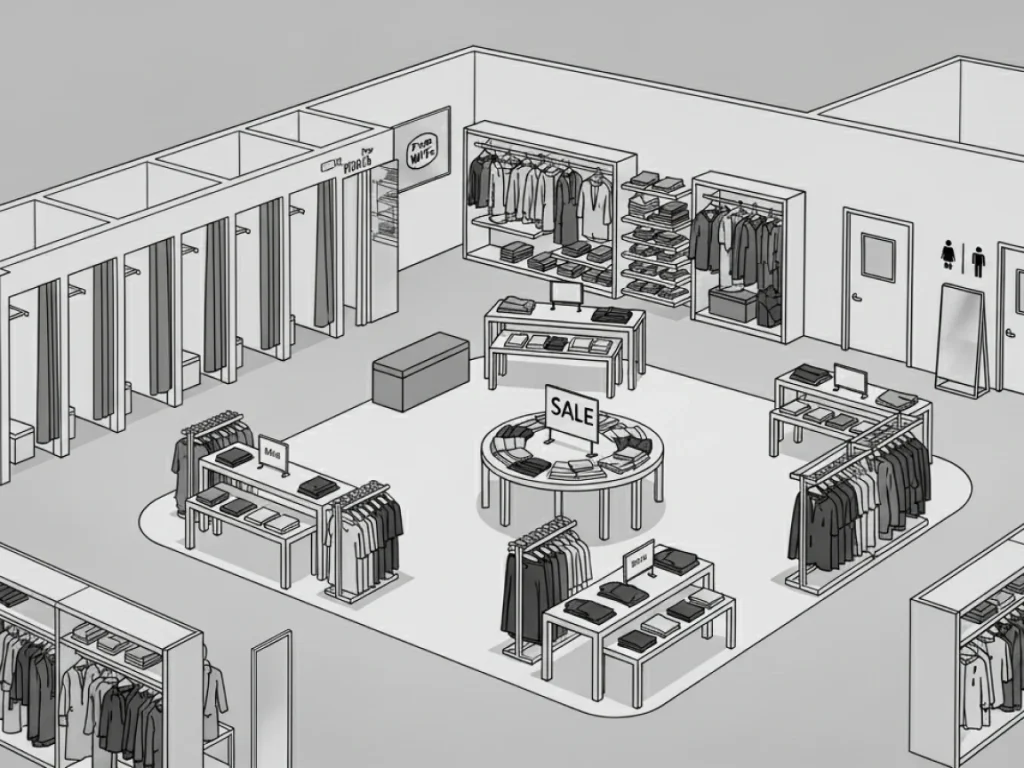
Customer Service
Every customer interaction shapes your brand. That’s why stores like McDonald’s and Starbucks train employees with laser focus: consistent service = consistent customer satisfaction. Train your staff well, and loyalty naturally follows.
Staffing
Good people make great stores. But hiring and onboarding take time. Efficient onboarding (especially with digital tools) can boost productivity by 50%. That means fewer questions, smoother shifts, and more confident employees right out of the gate.
Promotion and Pricing
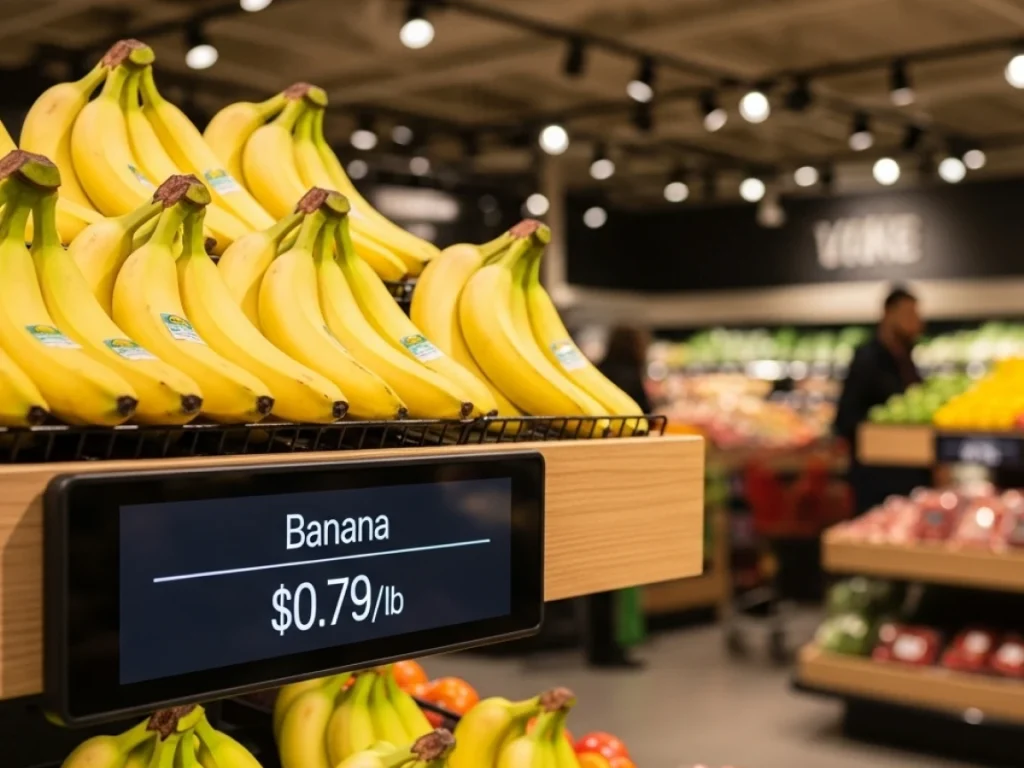
Even the best promotion will flop if your team forgets to update signage or apply discounts. From setting smart prices to running promos that actually move the needle, this area needs planning and follow-through. And yes—double check the labels.
Streamlining Operations
Automation and systems help get more done in less time, with fewer errors. Galileo, a Croatian fashion brand, cut missed tasks in half and boosted quality compliance just by switching to digital task management. Small tools, big payoff.
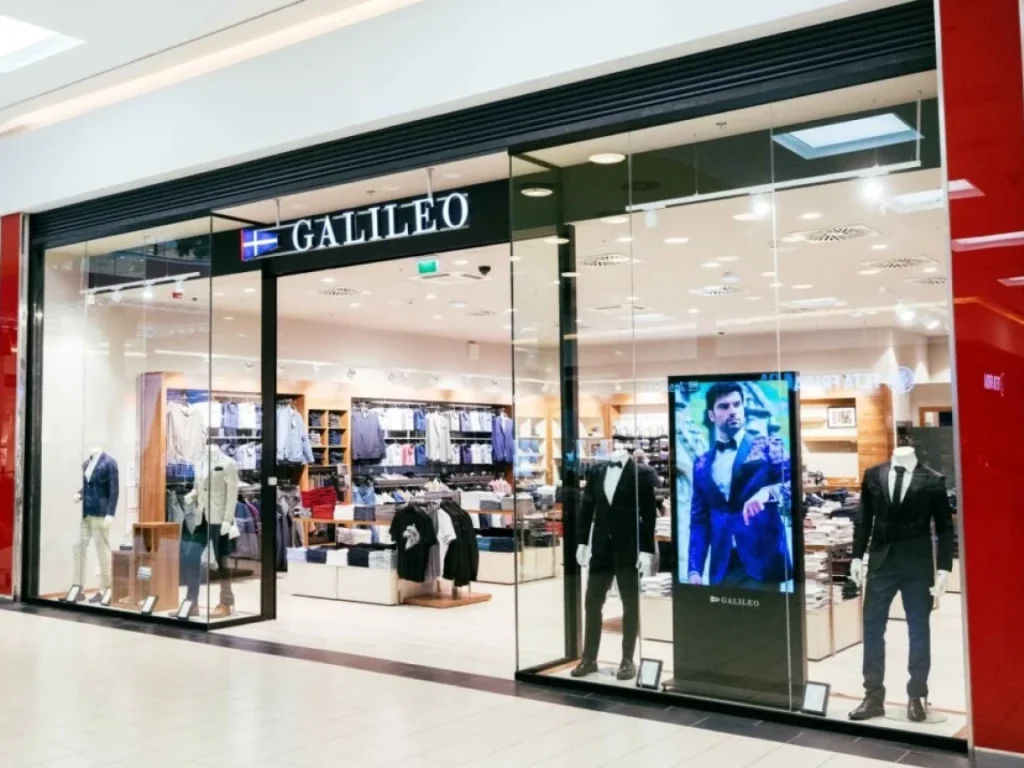
Sales Management
Track what’s selling, what’s not, and when. Fast-fashion giant Zara thrives by watching sales like a hawk and adjusting inventory daily. This lets them ditch slow movers and keep bestsellers in stock while competitors scramble.
Setting and Tracking the Right Retail KPIs for Growth
Key Performance Indicators (KPIs) tell you what’s working—and what’s not. The trick is picking the right ones for your store. A neighbourhood flower shop doesn’t need the same metrics as a national electronics chain.
Some go-to retail KPIs:
Sales per square foot – Are you using your space wisely?
Gross margin return on investment (GMROI) – Are your products earning their keep?
Inventory turnover – How fast are you moving product?
Customer retention rate – Do people come back?
Average transaction value – Are people buying more per visit?
Conversion rate – How many browsers actually buy?
Employee turnover – Are you keeping good talent?
Tracking the right data helps you improve operations and plan smarter for the future.
The 5 Ss of Retail Operations
Originally from Toyota’s lean manufacturing system, the 5S method helps create clean, organized, and efficient retail spaces.
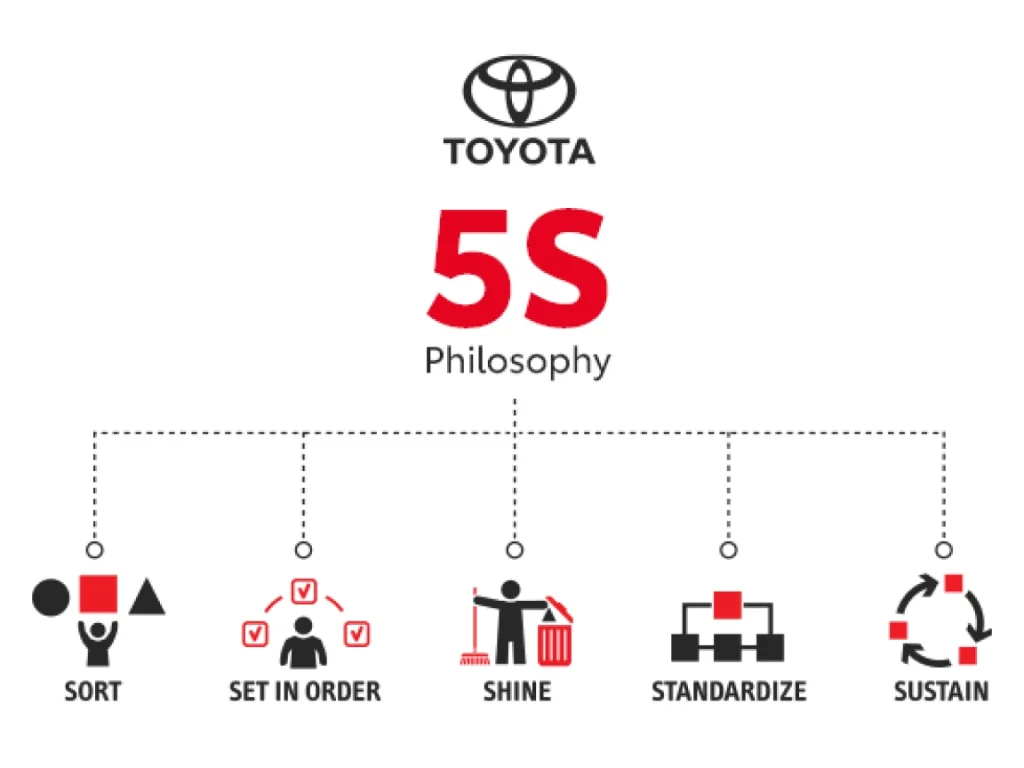
Image source: Toyota – 5s program
Sort – Clear out clutter. Toss old promos, expired goods, and broken equipment.
Set in order – Everything has its place. Group items logically and label clearly.
Shine – Keep it spotless. Clean stores feel safer and more welcoming.
Standardize – Create routines. Use checklists for shifts and store upkeep.
Sustain – Build habits. Use audits to keep standards in check.
These steps help reduce chaos and make onboarding new team members much easier.
Common Challenges of Retail Operations
Inventory Issues
Too much stock = wasted space and cash. Too little = lost sales. Add in supply chain delays and seasonal spikes, and it’s easy to get caught off guard. Demand forecasting and real-time tracking help keep you balanced.
Staffing Problems
Sudden rush? Someone called in sick? It happens. Without proper scheduling tools or a trained team, even a normal day can spiral. Smart scheduling systems and solid training keep your store running even when things go sideways.
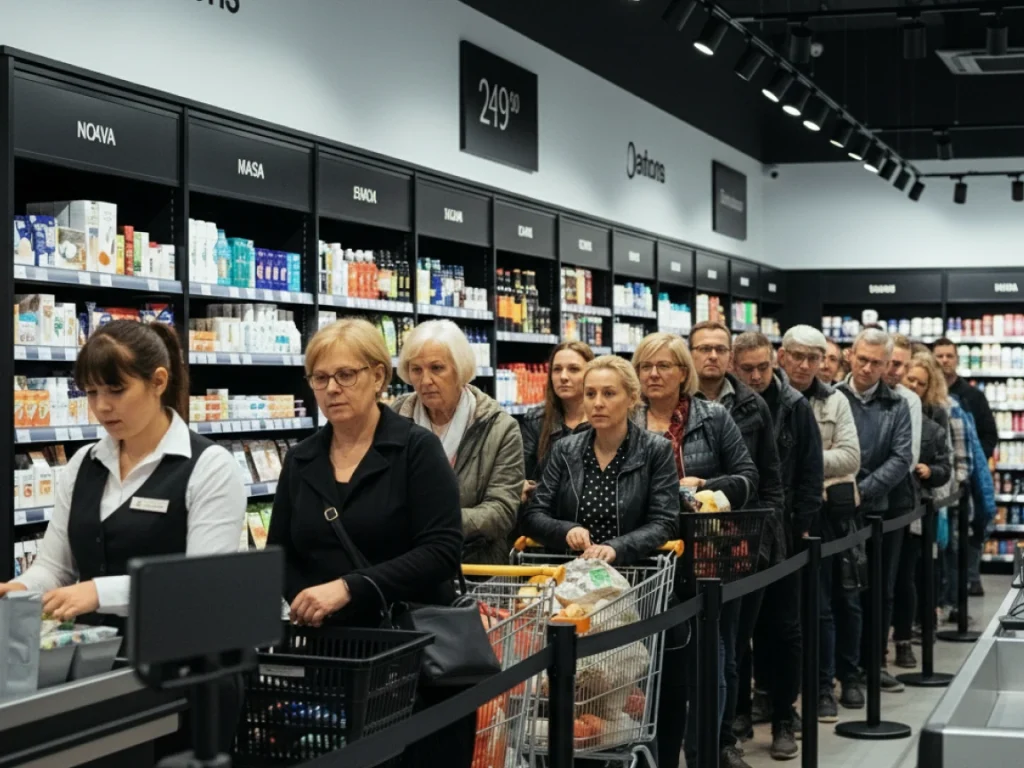
Technology Integration
Still using clipboards or spreadsheets? You’re not alone. But clunky, outdated systems slow you down.
The right tech improves everything from checkout to inventory audits—and can seriously reduce errors and stress.
Recommended read: 7 Real Life Uses of Technology in Retail Industry
Brand Consistency
Multiple stores, multiple managers—it’s easy for things to feel inconsistent. Customers notice when the experience varies. Keep your standards clear, your processes documented, and your teams aligned.
Trends to Watch in 2025
Retail isn’t standing still, and neither should your ops strategy. Here are a few big shifts to watch:

Omnichannel shopping is the norm. 73% of customers use multiple channels in their journey. Online and in-store need to work together seamlessly.
In-store efficiency is a focus. Automation, self-checkout, and staff enablement tools are booming.
Transparency is a selling point. Customers want to know where their products come from—and how they impact the planet.
Innovation pays off. Smart retailers are using AI, data, and digital audits to stay agile and cut waste.
Practical Tools for Daily Retail Operations
Here are a few tools to help you get more done, with less stress.
Bitreport
A mobile-first tool that replaces paper checklists with digital audits and live dashboards. Great for tracking compliance, following up on tasks, and getting visibility across locations.
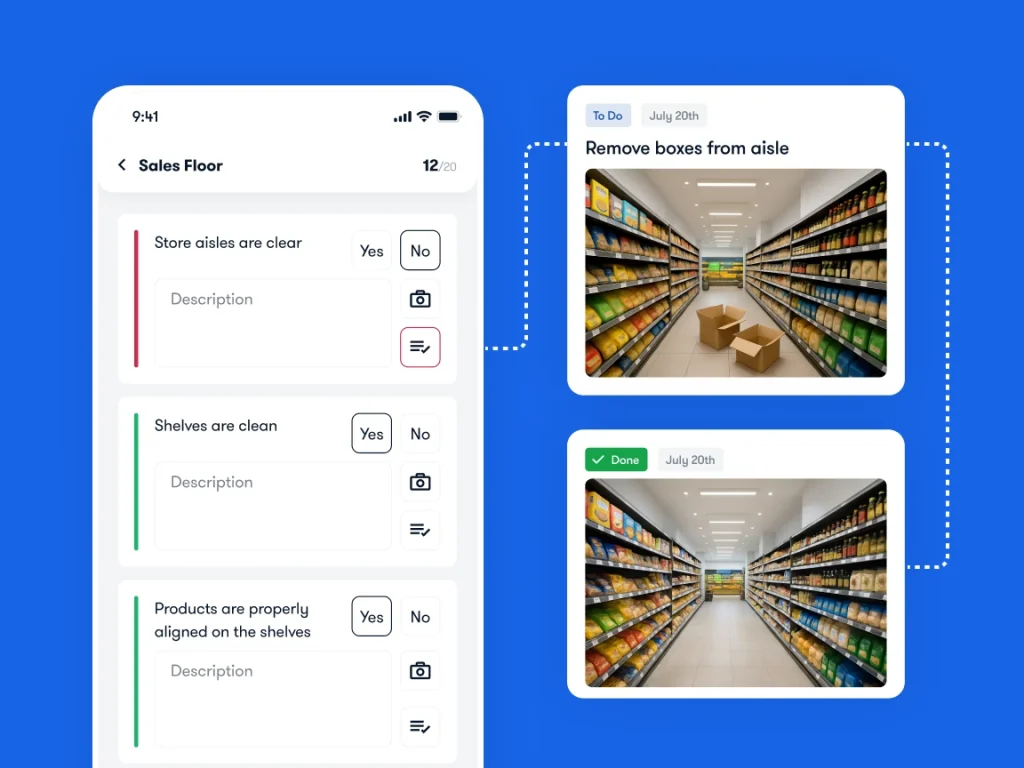
Shopify POS
Simple, user-friendly, and ideal for businesses that sell both online and in person. Tracks inventory in real-time and helps deliver a personalized customer experience.
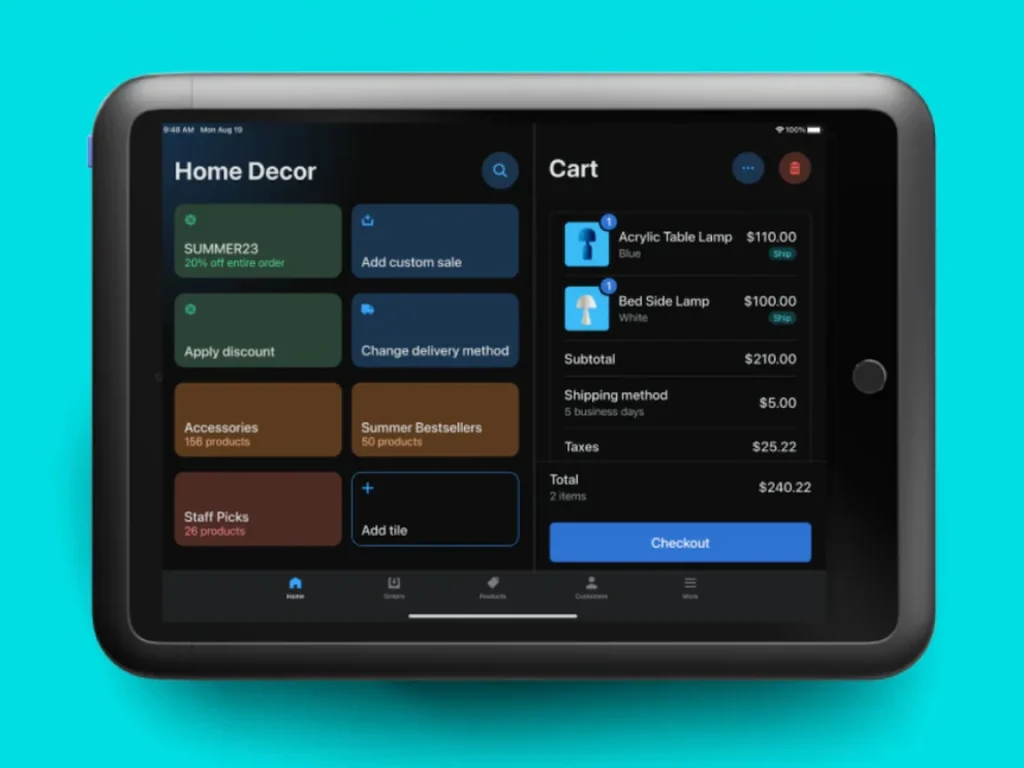
Image source: Shopify POS
Salesforce Commerce Cloud
Combines e-commerce, marketing, and order management. Built-in AI helps with personalized offers and smart recommendations.
Wrapping Up
Retail operations are the behind-the-scenes magic that make stores thrive. When they run well, you can feel it—and so can your customers.
The key to success? Systems that work, people who are empowered, and tools that help you stay a step ahead. Whether you’re managing one store or a growing chain, mastering retail operations will give you the confidence (and breathing room) to grow sustainably.

